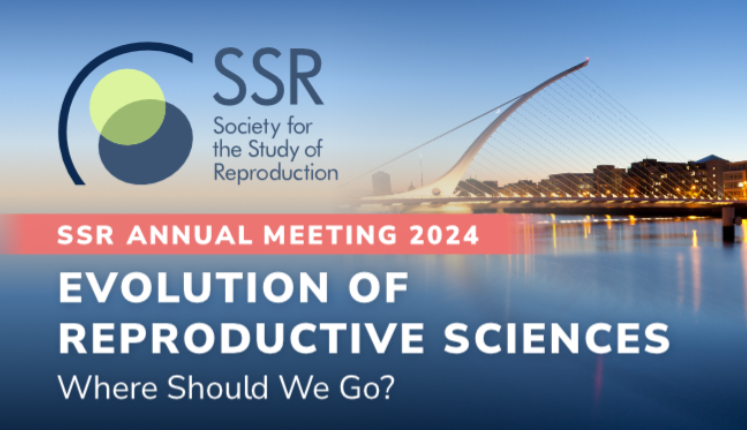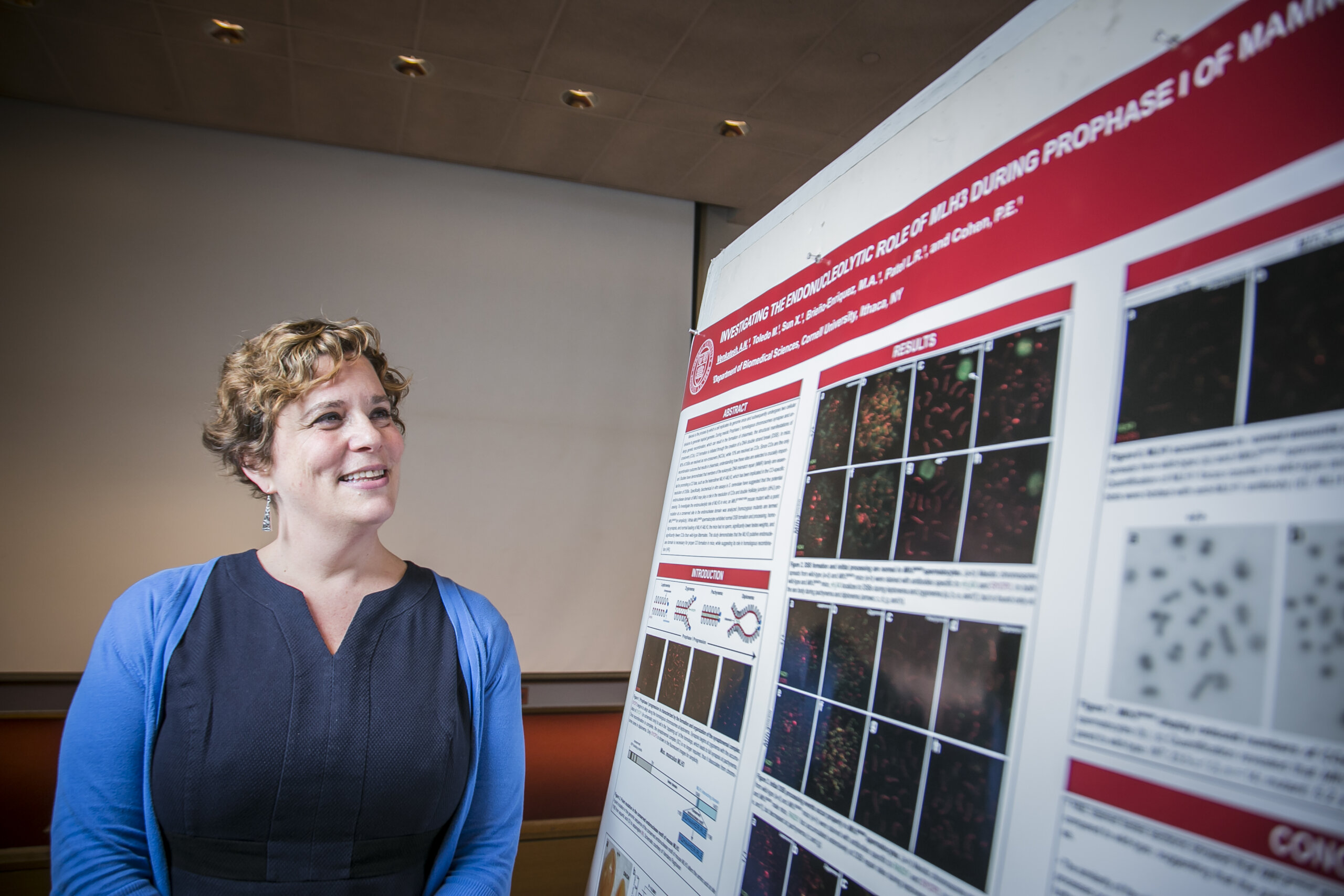
Dr. Paula Cohen, PhD, obtained her PhD in 1992 at the University of London, before continuing to Albert Einstein College of Medicine, in New York, to complete her postdoctoral studies. She joined the faculty of the Department of Genetics at Albert Einstein College in 2000. In 2004, she was recruited as an assistant professor of genetics at Cornell University, rising to the rank of full Professor with indefinite tenure in 2013.
Dr. Cohen has co-authored over 60 peer-reviewed papers. She currently serves as an associate editor of PLOS Genetics and was a standing member of the Cellular, Molecular and Integrated Reproduction Study Section until 2021. She is Chair-elect of the 2022 Gordon Research Conference of Meiosis. She recently authored the first chapter on Meiosis for the fourth edition of “Knobil and Neil’s Biology of Reproduction”. For all these activities, and more, she was awarded the Cornell Provost’s award for Distinguished Scholarship in 2009 and the SUNY Chancellor’s Award for Academic Excellence in 2017.
In conjunction with several colleagues on both Cornell Campuses, Dr. Cohen started the Center for Reproductive Genomics in 2007, which was subsequently renamed the Cornell Reproductive Sciences Center (CoRe) in 2021. In doing so, she has fostered interactions and dialog amongst veterinarians, physicians and basic scientists throughout Cornell University and this has energized research integration in reproductive biology and infertility across the campuses. Through CoRe, Dr. Cohen has continued to forge collaborations within Cornell and beyond, most recently joining forces with Dr. Kyle Orwig at Magee Womens Research Institute (MWRI) in Pittsburgh and Dr. Marisa Bartolomei at the University of Pennsylvania to start a collaborative Annual Symposium known as the “Tri-Institutional Symposium on Reproductive Sciences and Infertility” (known as “Tri-Repro” for short). Tri-Repro is supported by an R13 Conference grant from NICHD.
In appreciation of her strong leadership qualities, in 2018, Dr. Cohen was promoted to Associate Vice Provost for Life Sciences, a role established specifically to take advantage of her unique abilities to foster multi-disciplinary interactions amongst labs. Dr. Cohen’s major function in this role is to provide guidance and resources to life scientists wishing to recapitulate the CoRe model, and to foster innovative research collaborations throughout the Cornell network.

Anya Samiljan is the Conference/Academic Program Coordinator for the Biomedical Sciences department at the Cornell University College of Veterinary Medicine and works closely with the CoRe director, Dr. Paula Cohen.
Executive Committee
The CoRe executive committee represents all aspects of the Center from bench to bedside. The major functions of the executive committee are (a) to promote the activities oft e Center across the university, including all campuses of Cornell; (b) to provide opportunities for greater collaboration between members of the center across Cornell; (c) to encourage and promote trainee involvement in the research, teaching and clinical missions of the Center. The Executive committee liaises with the P50 leadership and with the trainee executive committee to innovate and to promote the vision of CoRe.
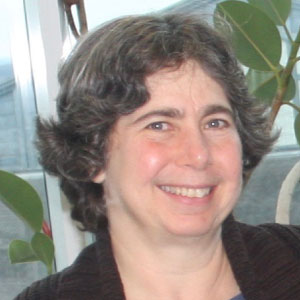
Professor in the Department of Molecular Biology and Genetics in Ithaca
Mariana Federica Wolfner is Cornell’s Distinguished Professor of Arts and Sciences in Molecular Biology & Genetics, a Stephen H. Weiss Presidential Fellow, and currently an Associate Department Chair. Her research focuses on understanding the molecular/genetic bases for important reproductive processes that occur around the time when a sperm fertilizes an egg. Using the Drosophila model, the Wolfner laboratory studies the molecular signals that “activate” an oocyte to initiate embryo development and also studies how seminal proteins modulate the reproductive physiology and behavior of female insects. Mariana received a B.A. in Biology and Chemistry from Cornell, a Ph.D. in Biochemistry from Stanford, and did postdoctoral work at UC San Diego. She has mentored 43 graduate students, 30 postdoctoral scholars, and over 90 undergraduate or high school students in research. She has been honored to receive awards and recognition for her research from the Genetics Society of America, the Entomological Society of America, the International Congress of Entomology Council, and awards from Cornell for her teaching and advising/mentoring. Mariana is a member of the US National Academy of Sciences and a Fellow of the American Association for the Advancement of Science. She serves on several Editorial and Biology-organizations’ Boards, and on various grants panels.

Ned Place
Professor in the Department of Population Medicine in Ithaca
Ned’s research interests within the field of female reproductive biology are varied and diverse, and derive from my broad training and use of a wide array of animal models. He was a practicing obstetrician/gynecologist for several years and then pursued a Ph.D. in Zoology, which involved field studies of yellow-pine chipmunk endocrinology. For his postdoctoral training, Ned studied the natural masculinization of female external genitalia in spotted hyenas and the effects of photoperiod-induced reproductive suppression on female reproductive aging in Siberian hamsters. Female reproductive aging and endocrinology continue to be his two principal areas of research interest. He is currently focusing on ovarian development and function in the long-lived naked mole-rat, which remains fertile into its 3rd decade of life, and reproductive aging in a mouse line that demonstrates an enhanced health span following expression of an inducible naked mole-rat transgene.

Professor and Chair of the Department of Public and Ecosystem Health in Ithaca
Alex Travis is a veterinary clinician-scientist, and Professor of Reproductive Biology. He became interested in reproduction out of a desire to help conserve endangered species of wildlife, using technologies of assisted reproduction and developing new approaches to male contraception. His basic scientific studies in how sperm become able to fertilize have had several applications, including a diagnostic test for male fertility now used in human reproductive medicine, and being the first lab to perform in vitro fertilization in dogs, as a model for endangered canid species. His lab is currently studying how changes in membrane lipids enable the sperm to become able to fertilize an egg, and how the sperm mature in the epididymis. Alex is Director of Cornell’s Master of Public Health Program, founded on pillars of sustainability, equity and engagement, and is Chair of the new Department of Public & Ecosystem Health.
Alex has received multiple awards, including a Rotary International Graduate Fellowship, the University of Pennsylvania’s Leonard Pearson Prize, an NIH Pioneer Award, and a State University of New York Chancellor’s Award for Excellence in Scholarship and Creative Activities. He has been Principal Investigator of 6 grants from the NIH.
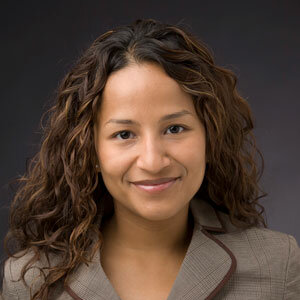
Professor in the Division of Nutritional Sciences in Ithaca
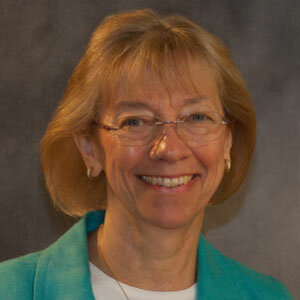
Professor in the Department of Animal Sciences in Ithaca
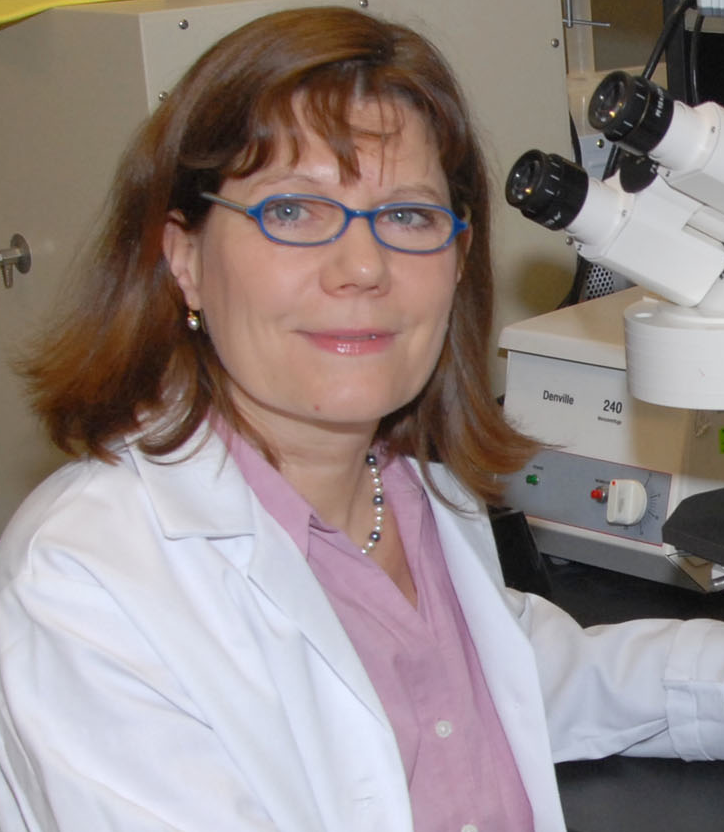
Professor in Cell and Developmental Biology at Weill Cornell Medicine
Heidi has had her lab at Weill Cornell since 2006. She has served on our Oversight Committee since 2012. She is a leading expert on diseases of the placenta. She has a particular interest in training and mentorship, leading to a successful T32 grant in Developmental and Stem Cell biology for over ten years.
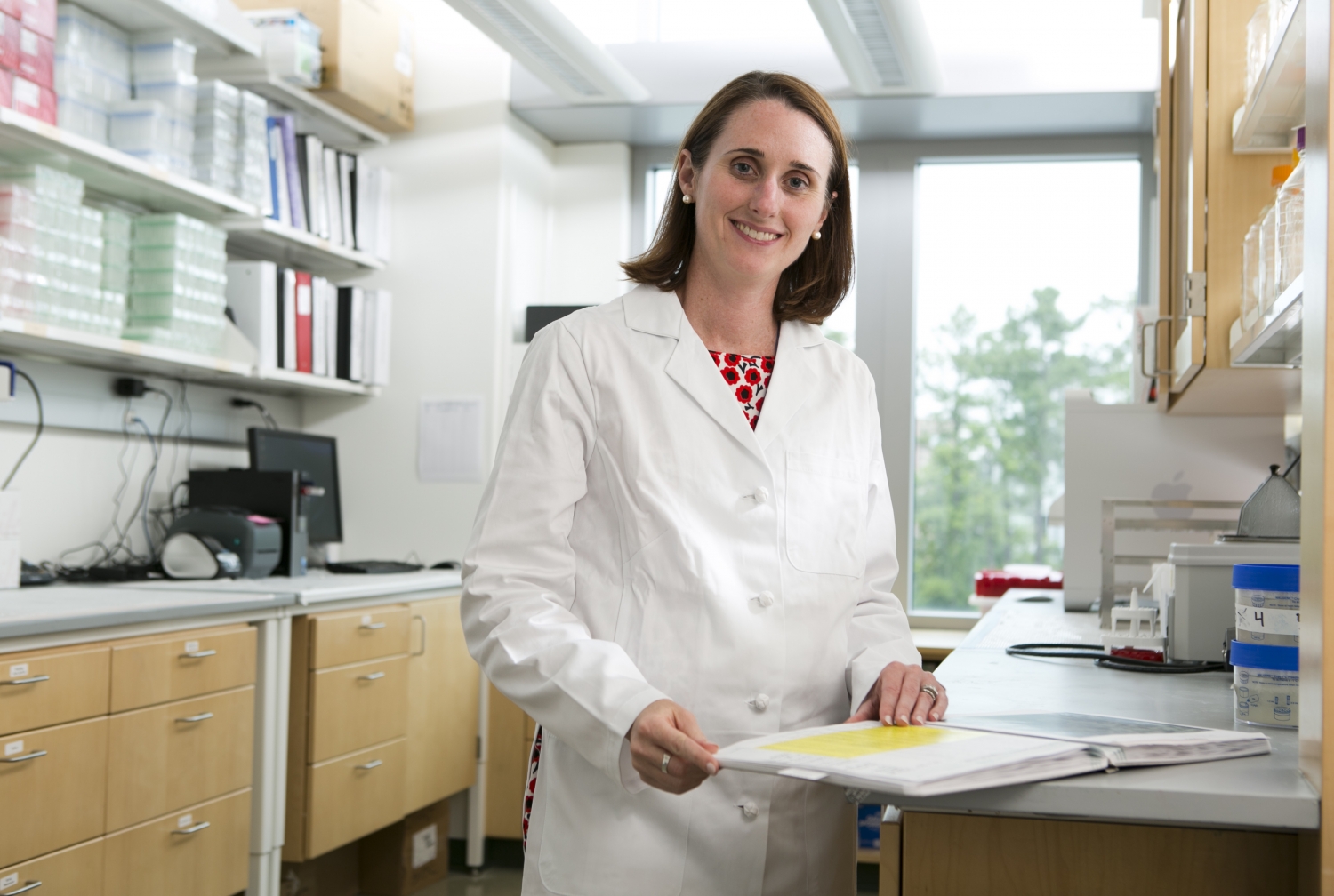
Chair of Pediatrics at Weill Cornell Medicine
Sallie Permar, M.D., Ph.D is an eminent physician-scientist who focuses on the treatment and prevention of neonatal viral infections. She serves as Chair of the Department of Pediatrics at Weill Cornell Medicine and Pediatrician-in-Chief at NewYork-Presbyterian/Weill Cornell Medical Center and NYP Komansky Children’s Hospital. She is also the Nancy C. Paduano Professor in Pediatrics at Weill Cornell Medicine and Professor of Immunology and Microbial Pathogenesis at the Weill Cornell Graduate School.
A prominent physician-scientist focusing on the prevention and treatment of neonatal viral infections, Dr. Permar leads a research laboratory investigating immune protection against vertical transmission of neonatal viral pathogens, namely HIV and cytomegalovirus (CMV). She has made important contributions to the development of vaccines for prevention of vertical HIV transmission, defining both innate and adaptive immune responses that are associated with protection against infant HIV acquisition. Moreover, Dr. Permar is leading the development of HIV vaccine strategies in preclinical maternal/infant nonhuman primate models and translation of this work for clinical vaccine trials in infants. Dr. Permar has also defined determinants of congenital and perinatal CMV transmission, developing the first nonhuman primate model of congenital CMV infection and leading human cohort studies that have defined immune correlates of protection necessary to guide vaccine development. She has led a number of NIH-funded training programs to develop physician-scientists, including serving as director of the Pediatric Scientist Development Program, which is supported by the National Institute of Child Health and Development (NICHD) and the Association of Medical School Pediatric Department Chairs (AMSPDC), and which trains pediatric subspecialists across the nation for a career in pediatric health research.
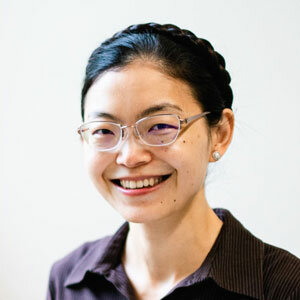
Assistant Professor in the Department of Animal Sciences in Ithaca
As the essence of life, reproduction is a strong force that drives our ever-changing world. I enjoy doing research, teaching, and mentoring students in reproductive biology – it is fascinating and has many potential applications to benefit our wellbeing at individual and societal levels. Research in my lab explores how different types of cells in the ovary communicate to control such vital processes as the formation, growth, and ovulation of ovarian follicles. However, reproduction is not an isolated process and is strongly influenced by early-life events (developmental programming), metabolic conditions, and immune function. Therefore, we also examine how these physiological or pathological factors impact the function of cells in the ovary. We hope to apply our knowledge to identify previous unappreciated causes of impaired reproductive health in humans and domestic animals.
Trainee Committee
The Cornell Reproductive Sciences Center (CoRe) Trainee Special Interest Group (T-SIG) is a multi-disciplinary group of trainees spanning biomedical, clinical, veterinary/animal, and social sciences across the Ithaca and Weill Cornell campuses. Members are trainees at any stage of their career development, including but not limited to graduate students, postdocs, medical residents, and clinical fellows. The overarching goals of the CoRe T-SIG are to provide trainees with opportunities for sharing their research, networking, and career development. As part of our commitment to continuing Cornell’s prestigious history of reproductive research, our mission is to foster the development of trainees in an inclusive, strong, and collaborative community of scientists, clinicians, and health experts. CoRe places a strong emphasis on training, career development, and diversity – to that end we are welcoming of all trainee researchers regardless of socioeconomic status, ability, race/ethnicity, gender identity/expression, sexual orientation, or religion.
For more information about CoRe’s T-SIG and its members, please click here to be redirected to the Trainee Executive Committee page.


